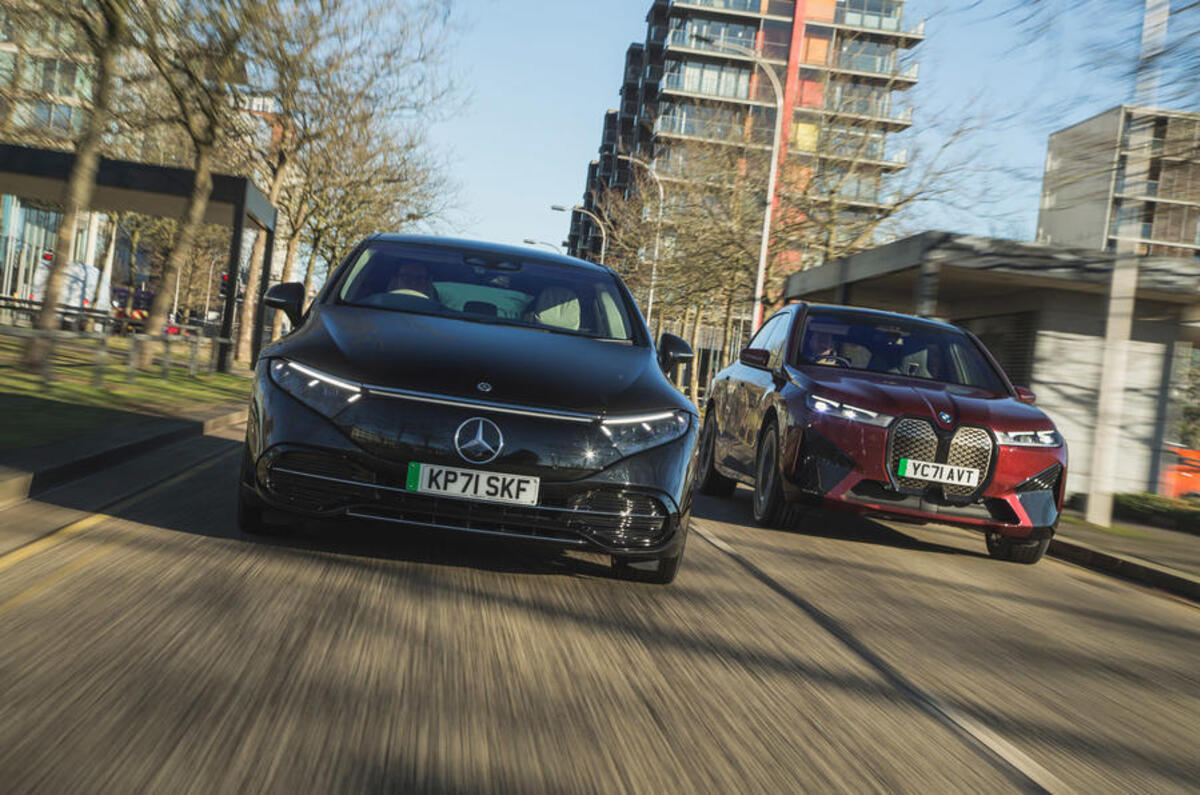Battery-electric vehicle registrations in the UK continue to go backwards and the timing couldn’t be worse.
The 24,359 BEVs registered in the UK in November was a 17.1% drop on those registered a year earlier and the market share fell back from 20.6% to 15.6% in the same period, according to the latest SMMT figures.




Add your comment